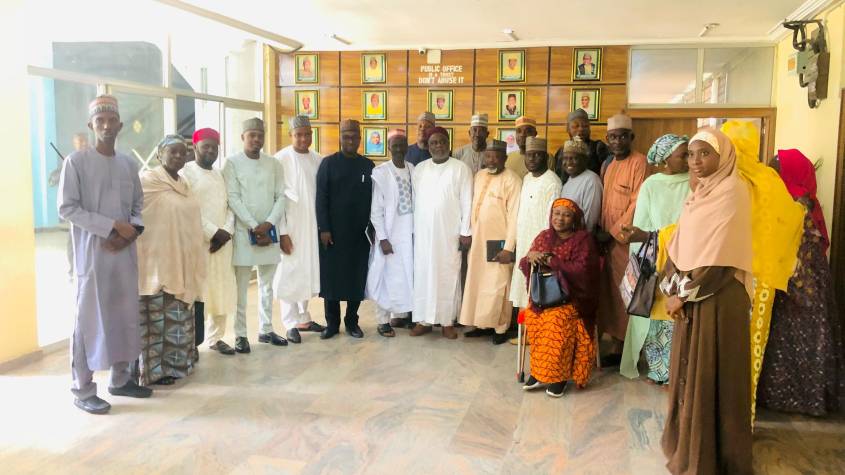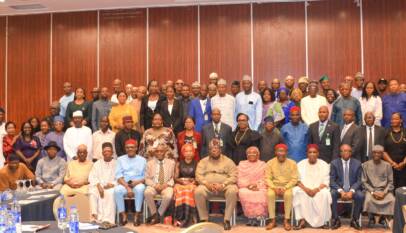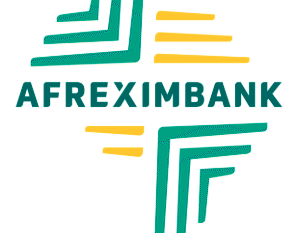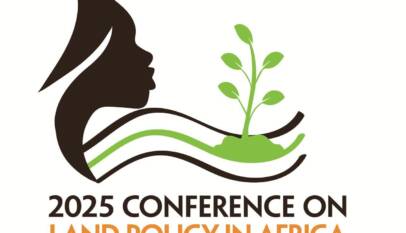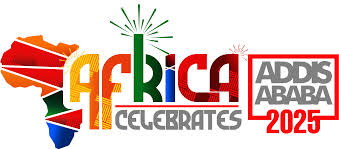KACIG: Advancing a Whole-of-Society Approach to Strengthening Governance in Kano
The Kano Coalition for Climate Action and Inclusive Governance (KACIG) is charting a new course in governance and service delivery through an inclusive, issue-based model that unites citizens, civil society, and government actors to address the state’s most pressing challenges.
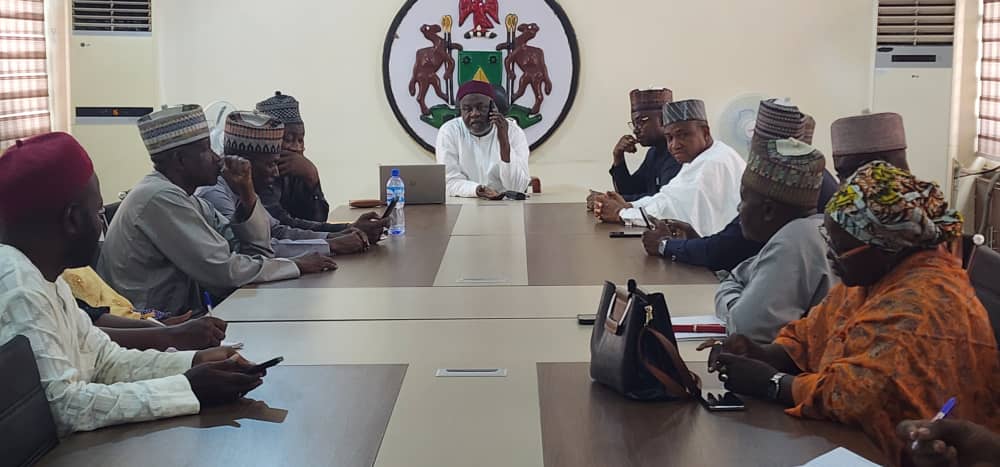
The Kano Coalition for Climate Action and Inclusive Governance (KACIG) seeks to address urgent governance and environmental challenges in Kano — from service delivery gaps and weak citizen feedback systems to severe environmental degradation caused by deforestation. It unites a broad spectrum of stakeholders—government agencies, civil society organizations, the private sector, traditional and faith leaders, women, youths, persons with disabilities, and marginalized groups—to co-create practical, sustainable, and locally driven solutions.
As a nonpartisan alliance of governance reform advocates and government leaders, KACIG draws its strength from members’ proven civic engagement, ethical leadership, and cross-sector collaboration. Guided by a vision of transformative and equitable change, the coalition ensures that traditionally excluded voices are central to its decision-making.
Aligned with the Issue-Based Project (IBP) model under the UK Foreign, Commonwealth & Development Office’s Partnership for Agile Governance and Climate Engagement (PACE) programme, KACIG promotes multi-stakeholder collaboration on governance and climate change issues. This positioning has made it a credible, citizens-driven platform for advancing accountability, inclusion, and sustainable development in Kano.
Currently, KACIG is focusing on two priorities. First, strengthening citizen engagement by creating effective platforms for dialogue, feedback, and collaboration between the government and citizens to improve service delivery. Second, promoting clean cooking fuel technologies to reduce deforestation and mitigate related environmental hazards.
KACIG’s Journey So Far
One of KACIG’s founders and Citizens Co-Chair of the Kano State Open Government Partnership (OGP), Abdulrazaq Alkali, says the Coalition unites stakeholders from government, civil society, and community groups, just as its action plan is closely aligned to the Kano State OGP Action Plan. This alignment, he said, is designed to strengthen synergy and cooperation between citizens and government in addressing pressing governance and climate change challenges.
Alkali noted that early consultations identified additional priorities, such as establishing a permanent citizen–government dialogue mechanism to monitor and improve public projects. “We realised the need for a standing mechanism where citizens and government can hold impact-based meetings to review projects and programs—celebrating successes, making constructive inputs, and identifying areas for improvement. This was one of the key priorities we identified as part of the IBP,” he said.
The Kano OGP Co-chair underlined the fact that members of KACIG’s Steering Committee and Thematic Working Groups (TWGs) were carefully chosen for their proven commitment to Kano’s development. “All members were selected based on merit and a proven track record of dedication to reform and societal change. We believe they can give their best to move this initiative forward. Despite busy schedules, we have remained consistent, focusing on the details needed to build a strong structure.”
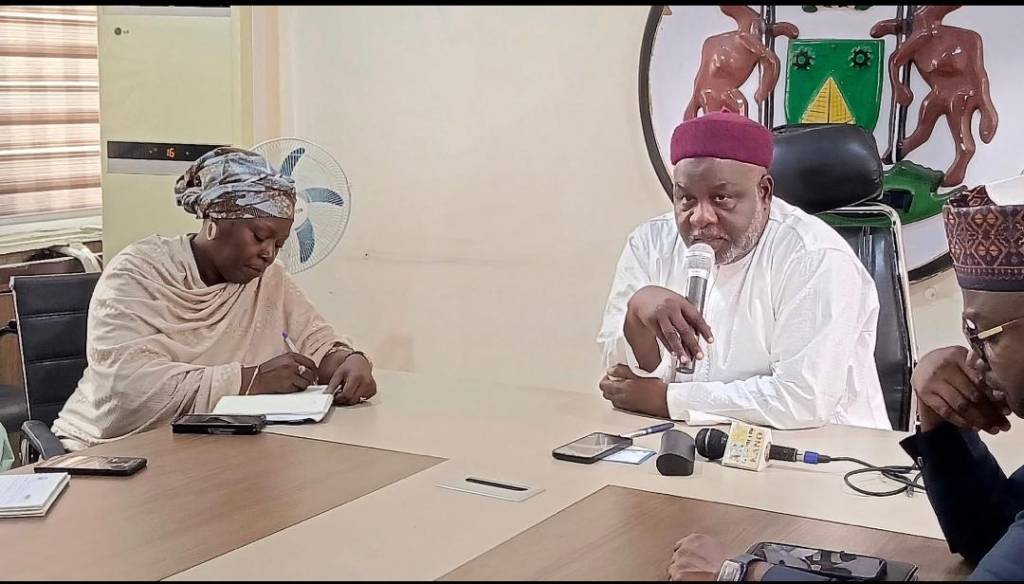
“Kano Government Committed to Good Governance, Climate Action” – Kano HoS
On Monday, Kano State Head of Service, Abdullahi Musa, inaugurated the 22-member Steering Committee of the Kano Coalition for Climate Action and Inclusive Governance (KACIG), charging members to spearhead governance reforms to address climate change challenges. Musa noted that the committee builds on earlier governance reform efforts while adding a strong environmental agenda to combat desertification, deforestation, erosion, and other ecological threats.
“If government is truly keen on addressing issues of this nature, it needs a driving force—and that is exactly what this Steering Committee provides. With the calibre of individuals selected, we expect results. We expect initiatives and actions in the areas where we want to see changes. We should be tenacious, and there will be a clear channel for reporting back so we can measure progress,” he said.
The Kano Head of Service reaffirmed the state government’s commitment to good governance and climate action, citing the creation of new ministries and agencies to improve service delivery, as well as the renaming of the Ministry of Environment to the Ministry of Environment and Climate Change, with a dedicated climate department.
Also speaking at the Steering Committee inauguration, Hon. Musa Kachako, Chair of the Kano State House of Assembly Committee on Environment, pledged legislative support for KACIG’s work, describing collaboration with civil society as essential for shaping effective policies. He thus confirmed the legislature’s readiness to provide legal backing for initiatives tackling environmental challenges, particularly climate change.
“The legislature is not only open to discussions but also ready to give prompt and adequate attention to initiatives that address pressing environmental concerns. Much is expected from this committee because climate change is not just a Kano issue—it is a global challenge. The House of Assembly is proud to be part of this process, and our doors remain open to collaboration, legislative support, and any initiative that will help us enact and enforce policies to protect our environment and safeguard the future of our communities.”
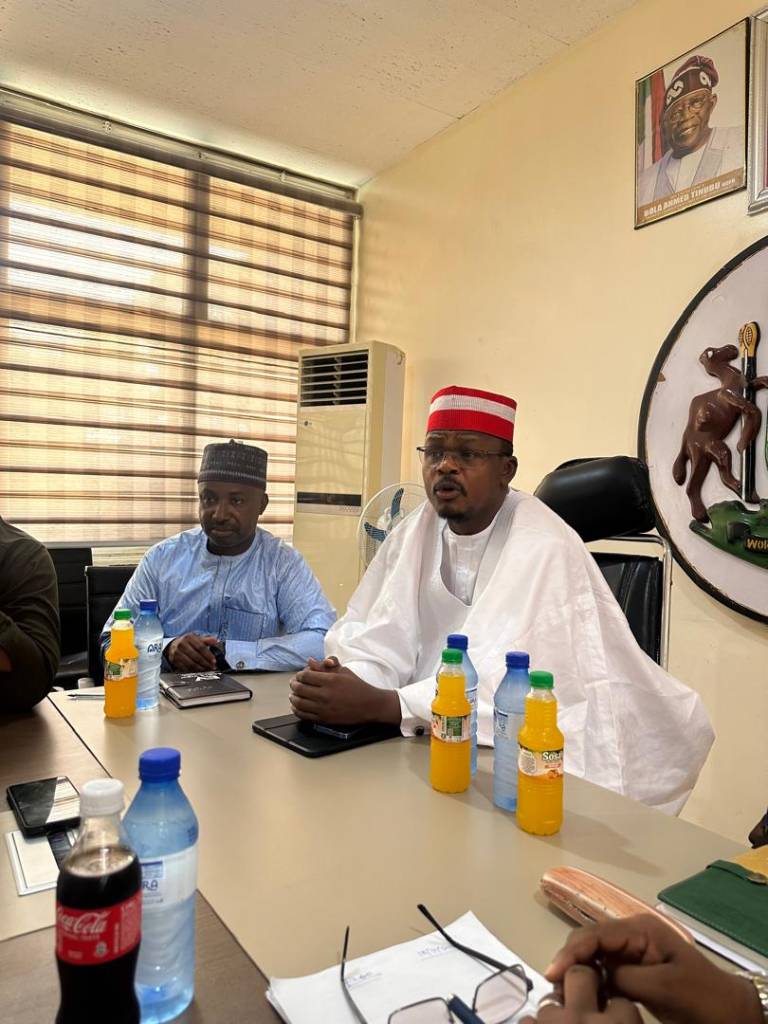
Kano Government Pledges Full Support for KACIG
Comrade Nura Ma’aji Sumaila, Kano State Commissioner for Public Procurement, Projects Monitoring, and Evaluation, and Government Co-chair of the Kano Coalition for Climate Action and Inclusive Governance (KACIG), says the state government offers a conducive environment for civic participation, praising the governor’s consistent dedication to engaging citizens and fostering their active role in governance.
Comrade Sumaila assured that the state government fully supports the coalition’s mission, expressing confidence that government stakeholders will be actively involved to ensure KACIG operates effectively and efficiently. His ministry, which oversees procurement for key sectors including health, education, and climate change, will play a central role in facilitating inter-ministerial collaboration to back the coalition’s work.
“We will hold bilateral meetings with MDAs and convene at least one or two dialogue sessions annually with all commissioners and extra-ministerial departments and agencies. In some of these engagements, the governor himself will attend. We will also introduce an award programme to honour the best-performing public office holders, judged by Kano’s citizens themselves. Our goal is to ensure the right things are done and everyone is motivated to act with integrity,” he said.
Civil Society Co-Chair Highlights KACIG’s Unified Vision
Muhammad Shuaib, the Civil Society Co-chair of Kano Coalition for Climate Action and Inclusive Governance (KACIG), highlighted the strong spirit of collaboration between government and civil society that defines the coalition’s work. This partnership, he noted, has been central to identifying key stakeholders, establishing the coalition’s structure, and selecting priority areas such as citizen engagement and climate change.
Shuaib commended the clear sense of direction and commitment shown by all members, but stressed that sustained effort, strategy, and synergy will be essential to turn ideas into meaningful results. “We must fasten our seat belts—this is going to be a giant step forward, and we are all committed to it. We will work to connect our plans with concrete implementation steps, aligning them with the government’s vision and climate policy,” he assured.
On citizen engagement, Shuaib said the coalition aims to deepen dialogue, strengthen feedback channels, and improve collaboration—particularly between government and grassroots CSOs. “Our research shows there’s a lack of a feedback mechanism. In agriculture and climate change, we need to improve access to seedlings, promote mechanized farming, and assess environmental impacts like flooding and drought. These efforts must align with government policies in Kano,” he stressed.
The Kano Coalition for Climate Action and Inclusive Governance potentially represents a bold shift in how governance and development challenges are addressed—through inclusive, sustained collaboration between citizens and the state. By prioritizing citizen engagement and environmental sustainability, KACiG is not only tackling today’s most urgent issues but also laying the foundation for a more accountable, equitable, and climate-resilient Kano. Its success will stand as proof that when all voices are heard, collective action can deliver lasting change.

